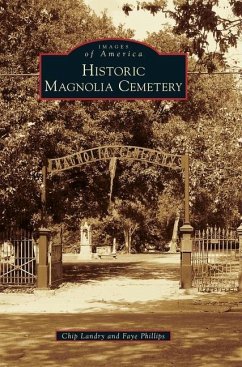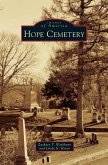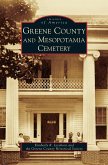New settlements require proper resting places for their dead. Around 1763, British troops officially gained control of Baton Rouge and established a small fort on the Mississippi River there. However, since 1719, soldiers and white explorers had been buried near Native American mounds. Baton Rouge citizens were buried in the military cemetery near the fort, which accommodated Protestants; on private property; in Our Lady of Sorrows Catholic Cemetery, opened in 1792; and in Highland Cemetery, so named in 1819. These downtown cemeteries had overflowed by 1850. A municipal, nondenominational cemetery was critically needed. Land on the eastern edge of town, dotted with magnolia trees, was purchased by the government, and Magnolia Cemetery easily became its name. Families of all races, religious affiliations, and economic status rest in Magnolia. Confederate and Union soldiers died there on August 5, 1862, and some became permanent residents. Historic Magnolia Cemetery's subterranean graves are accentuated by plain or elaborate headstones or simple footstones, sarcophagi, and numerous statues.
Hinweis: Dieser Artikel kann nur an eine deutsche Lieferadresse ausgeliefert werden.
Hinweis: Dieser Artikel kann nur an eine deutsche Lieferadresse ausgeliefert werden.








